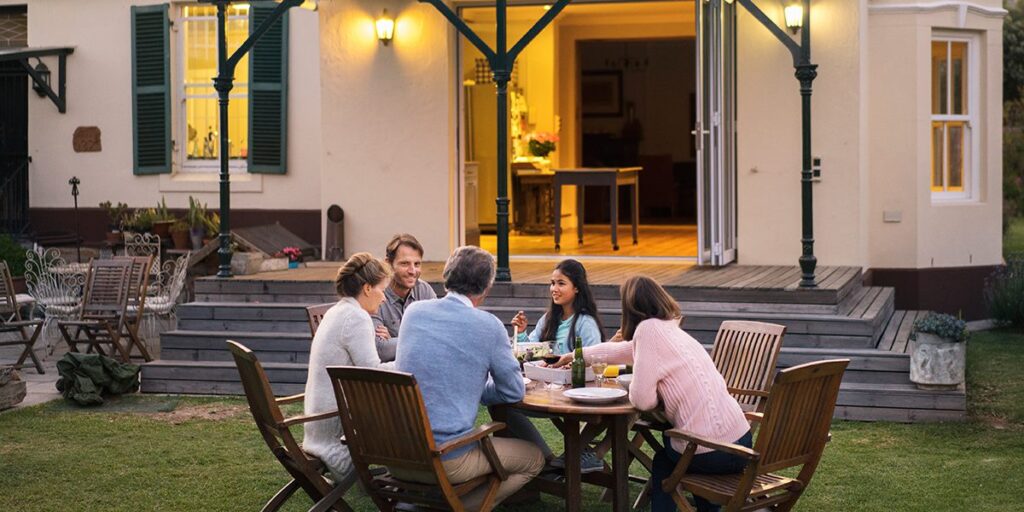
AUCKLAND: RMIT University’s research reports that almost 90% of senior Australians want to remain in their home for as long as they can – but limited superannuation and the rising cost of living is restricting the ability to fund ageing in place and provide for home renovations and a comfortable retirement.
Heartland Group Holdings Limited’s (NZX/ASX: HGH) (Heartland Group’s) subsidiary Heartland Australia Group Pty Ltd (Heartland Australia), through its Australian reverse mortgage business (Heartland Seniors Finance), has engaged with RMIT University (RMIT) to develop research on financing ageing in place – that is, seniors ageing in their current home compared with moving into specialised care, or even moving at all.
Experts believe reverse mortgages could be the solution.
Heartland Seniors Finance is Australia’s leading reverse mortgage provider with 12-month market share increasing from 21% in March 2019 to 26% in March 2020 – a similar trend is expected in the future.
Since 2004, Heartland has helped more than 21,000 Australians aged 60 and over to release more than $1.2 billion of equity from their homes, so it does not come as a surprise to Heartland that the majority of Australians prefer to remain in their home as they age.
In the financial year ended 30 June 2019, more than 50% of Heartland Seniors Finance customers used their reverse mortgage to repay existing debt. This is up from 31% of loan purposes during the period 2014-2018.
As more Australian seniors enter retirement with debt, RMIT suggests expanding the ‘traditional’ three pillars of retirement funding – pensions, super and private savings – to include equity release options such as reverse mortgages. By releasing home equity, a reverse mortgage could help Australian seniors fund the cost of retirement and facilitate ageing in place.
In the financial year ended 30 June 2020, Heartland’s Australian reverse mortgage receivables increased by $149.1 million (up 18.4%) to $957.5 million. To support continued growth, Heartland secured A$142 million of long-term funding in September 2020. Heartland now has access to committed Australian reverse mortgage loan funding of A$1 billion in aggregate.
Sponsoring RMIT’s research allows Heartland to further understand the current economic environment for retirees, the needs of senior Australians, and how innovative financial products such as reverse mortgages can assist seniors to live a more comfortable retirement.
Report key findings:
• 93% of older Australian homeowners would prefer to remain in home ownership.
• 87% of those aged 65-74 want to stay where they are, or within 10km of their current home.
• Almost 90% of older Australians say they wish to age in place – that is, to remain in their current home compared with moving into specialised care, or moving at all.
• 36% of older Australians live in a home that may be unsuitable for ageing in place, without upgrades or renovations.
• Approximately 29% of seniors say they will not be able to afford the changes required to make their home age-friendly.
• 25% of respondents believed they could afford the costs of aged care, and 40% simply did not know whether they could afford aged care costs in the future.
• 13% of Australians already plan to sell the family home to fund their retirement, with a further 42% undecided on what they will do.
• To release equity, downsizing does not appear to be a preferred solution for older households due to the costs (both financial and physical) involved and the negative impact it can have on housing and neighbourhood satisfaction.
https://cur.org.au/cms/wp-content/uploads/2020/11/financing-ageing-in-place.pdf